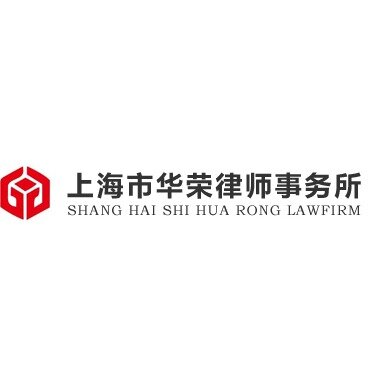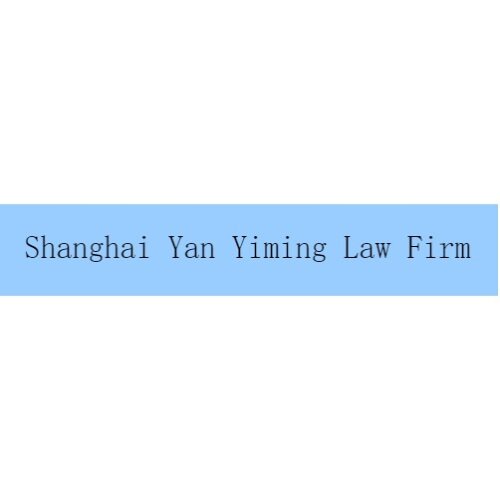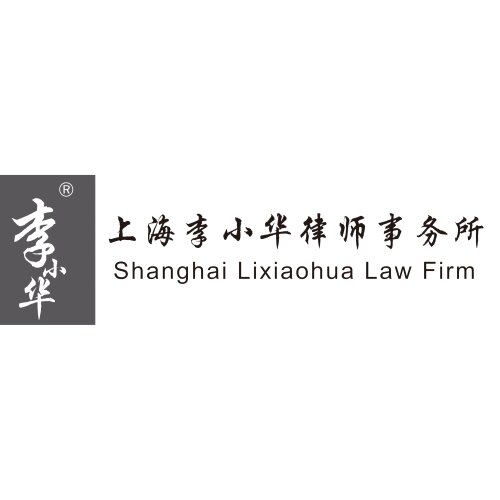Best Tax Lawyers in Shanghai
Share your needs with us, get contacted by law firms.
Free. Takes 2 min.
List of the best lawyers in Shanghai, China
About Tax Law in Shanghai, China
Shanghai, as one of the largest business and financial hubs in China, adheres to the national tax law system with some slight local variances on certain aspects. Broadly, the tax system is divided into direct and indirect taxes. Direct taxes include corporate income tax and individual income tax, while indirect taxes cover value-added tax, consumption tax, and business tax. Understanding and complying with these laws can be complex and may require the assistance of a knowledgeable tax attorney.
Why You May Need a Lawyer
Legal assistance in tax can be beneficial in several situations. If you're a business owner, you may need help with proper tax planning, responding to tax audits, resolving tax disputes, structuring investments and transactions and handling corporate income taxes. Individuals often require legal help with individual income tax issues, particularly expatriates. Attorneys can help understand how to take advantage of tax incentives or deductions and avoid common tax pitfalls.
Local Laws Overview
Shanghai, like other regions in China, levies taxes based on the Taxation Law of the People’s Republic of China. This includes Individual Income Tax (IIT), Corporate Income Tax (CIT), Value-Added Tax (VAT), Property Tax, Vehicle Purchase Tax, along with several others. There have been several tax reforms in recent years aimed at stimulating economic growth. These changes can drastically affect both businesses and individuals, so it's crucial to stay updated on these alterations. Region-specific tax laws, like Shanghai's preferential tax measures for certain industries, can also bring about different implications.
Frequently Asked Questions
1. What is the corporate income tax rate in Shanghai?
The standard Corporate Income Tax (CIT) rate in Shanghai, as in the rest of China, is 25%. However, certain industries may qualify for reduced rates.
2. Is there a tax treaty between China and other countries?
Yes, China has tax treaties with over 100 countries to avoid double taxation. This can affect your tax obligations if you're an expatriate or run a multinational business.
3. What are the consequences of tax non-compliance?
Tax evasion is a serious offense in China, and can result in hefty fines, penalties, or even imprisonment.
4. How does VAT work in Shanghai?
Value-Added Tax (VAT) is paid on the value added at each stage of the production and distribution process. The current standard VAT rate is 13%, but certain goods qualify for a reduced 9% rate.
5. Am I required to pay taxes in China as an expatriate?
As an expatriate, if you have resided in China for 183 days or more within a tax year, you're considered a resident taxpayer and are subject to Individual Income Tax in China based on your global income.
Additional Resources
The State Taxation Administration of the People's Republic of China is the principal authority for tax regulation and enforcement. Local Shanghai tax bureaus can also be helpful. Online resources, such as the Asia Briefing and China Briefing websites, provide updated information about Chinese tax regulations.
Next Steps
If you need legal assistance in tax in Shanghai, consider hiring an attorney who has expertise in Chinese tax law. They can help you successfully navigate your tax obligations, arrange tax planning, and handle any potential disputes or issues.
Lawzana helps you find the best lawyers and law firms in Shanghai through a curated and pre-screened list of qualified legal professionals. Our platform offers rankings and detailed profiles of attorneys and law firms, allowing you to compare based on practice areas, including Tax, experience, and client feedback.
Each profile includes a description of the firm's areas of practice, client reviews, team members and partners, year of establishment, spoken languages, office locations, contact information, social media presence, and any published articles or resources. Most firms on our platform speak English and are experienced in both local and international legal matters.
Get a quote from top-rated law firms in Shanghai, China — quickly, securely, and without unnecessary hassle.
Disclaimer:
The information provided on this page is for general informational purposes only and does not constitute legal advice. While we strive to ensure the accuracy and relevance of the content, legal information may change over time, and interpretations of the law can vary. You should always consult with a qualified legal professional for advice specific to your situation.
We disclaim all liability for actions taken or not taken based on the content of this page. If you believe any information is incorrect or outdated, please contact us, and we will review and update it where appropriate.

















